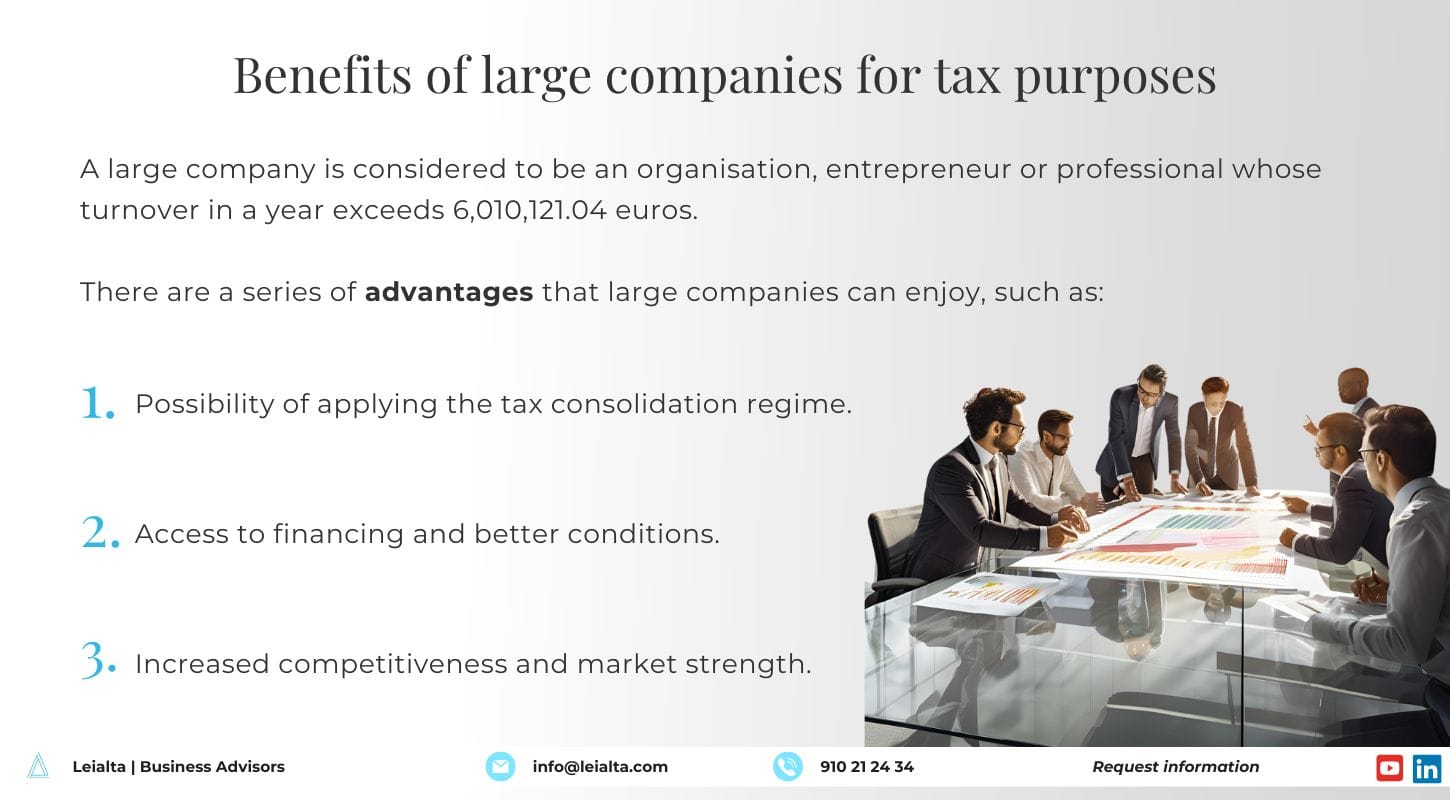
Do you have a company in Spain and want to operate in other EU countries? If your answer is yes, you should know about the European Limited Company. In this article we tell you: what it is, how to set it up and what requirements it must meet.
What is a European Limited Company?
Index of contents
The European Company is a supranational commercial company with a share capital that is divided into shares and whose purpose is to conduct its business in several EU countries.
The regulation of the SE in Spain is found in the Capital Companies Act (Ley de Sociedades de Capital), which provides for it in articles 455 et seq. For these purposes, the law establishes that:
- The European Company (SE) that has its registered office in Spain shall be governed by the provisions of Council Regulation (EC) No. 2157/2001 of 8 October 2001, by the provisions of this title and by the law regulating the involvement of employees in European Companies.
- A European public limited liability company that is to have its registered office in Spain and whose name is identical to that of another pre-existing Spanish company may not be registered in the Mercantile Register.
- The European Company must establish its domicile in Spain when its central administration is located within Spanish territory.
Characteristics of the European Company
The most important characteristics of the European Company are as follows:
- Minimum capital. The minimum capital must be 120,000 euros.
- Registered office. It must be where it has its centre of operations, but may be transferred to another EU country.
- Registration in the Mercantile Register. The SE must be registered in the Commercial Register corresponding to its registered office.
- Structure. The European Company may have two different structures, as follows:
- Monistic system. In this case, the company is managed by an administrative body. This body must meet at least once every three months and must elect a chairman from among its members. The members of the body are appointed by the general meeting of the company.
- Dual system. In this case, the company is managed by an administrative body and a supervisory body. The members of the administrative body may not be members of the supervisory body at the same time, and vice versa. The supervisory board has a chairman and is responsible for appointing and dismissing the members of the administrative board.
Benefits of a European Company
Having a European Company brings several advantages to companies, among which we can find:
- No dissolution is necessary when transferring the registered office. If you want to move the registered office to another EU country, you do not have to dissolve the company.
- Employee mobility. Employees from several countries can participate in the management of the company.
- Simplicity in the structure and operation of the company. All activities will be carried out under the same European brand and it will not be necessary to have several subsidiaries that complicate management.
Requirements for setting up a European Company
The requirements that must be met in order to set up a European Company are as follows:
- The company’s registered office and registered office must be in a member country of the European Union.
- The company must have a presence in other EU countries.
- The minimum subscribed capital must be 120,000 euros.
- The entity and employee representatives must agree on the participation of employees in company bodies and the way in which they will be consulted and informed.
Steps to set up an SE
The European Company can be incorporated in a number of ways, the most important of which are as follows:
- Transformation of a joint stock company into a European company. For this formula to be used, the company must have had a subsidiary or branch in another EU country for at least two years.
- Merger. In this case, two or more public limited companies from different EU countries merge and create an SE.
- Holding company. In this case two of the originating entities must come from different EU countries or have had a subsidiary or branch in another EU country for at least two years.
- Subsidiary. In this case, as in the case of the holding company, two of the companies must originate from different EU countries or have had a subsidiary or branch in another EU country for at least two years.
If you are interested in internationalising your company through a European limited company, at LEIALTA we are experts in legal and commercial advice. Do not hesitate to contact us and we will help you with all the necessary steps.




